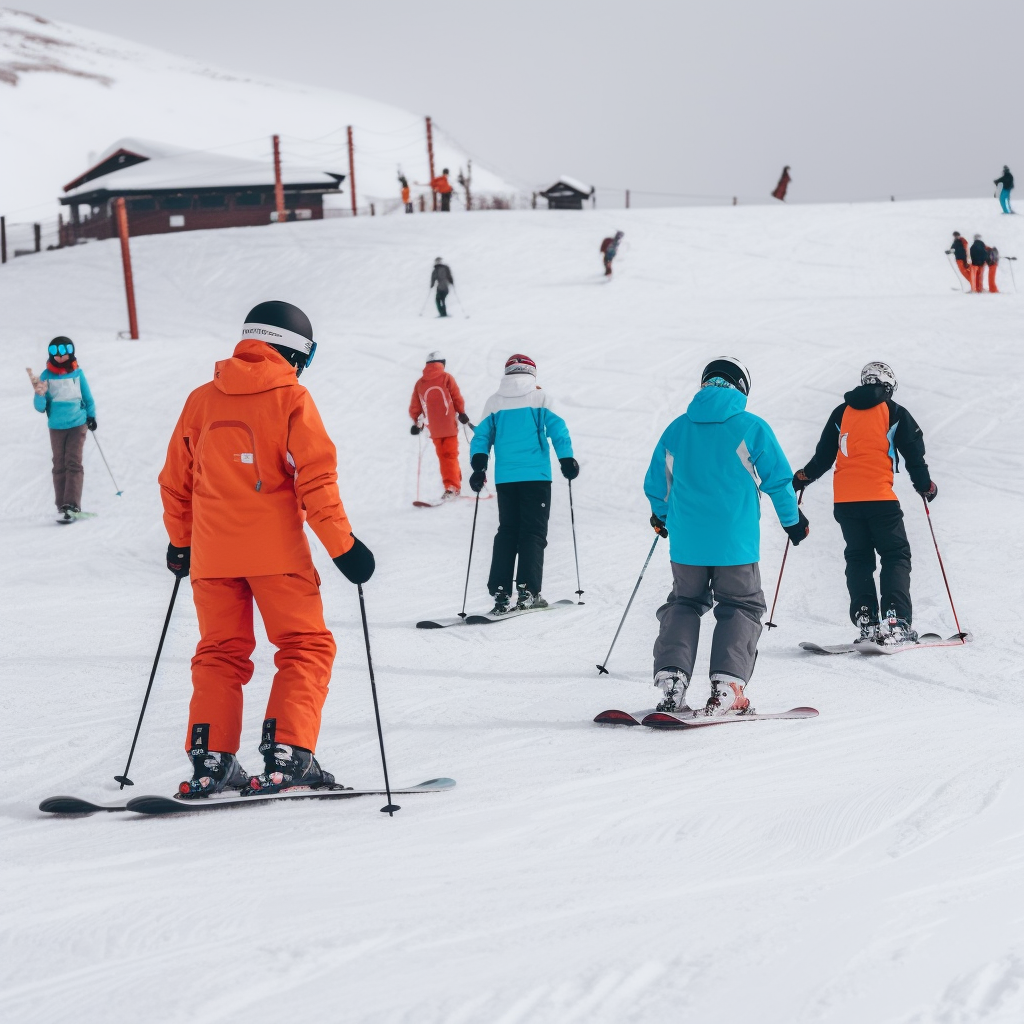April 4, 2023
Battling the Effects of Global Warming: Italy’s Ski Industry Faces Tough Choices
Book a Demo
Italy’s Alpine skiing industry has been hit hard by the effects of global warming with rising temperatures causing a loss of revenue for resorts. The ski industry in the country relies heavily on artificial snow making, with low-altitude resorts particularly vulnerable to the impact of rising temperatures.
One example of this is Monte Cimone, which invested 5 million euros in artificial snowmaking to curb the impact of global warming. However, despite the investment, the resort lost 40% of its revenue for the entire season due to the lack of freezing weather.
Artificial snowmaking, while useful in the short term, has significant environmental repercussions. High water consumption and energy use are commonly associated with this technique. In fact, Italy’s Alpine pistes may soon consume as much water as a city of one million people, such as Naples.
The skiing industry now faces a decision to resist or change their business model. There are suggestions to seek alternative sources of tourist revenue. While there have been calls for change, most ski operators are currently resisting due to the high economic stakes. Italy’s ski sector employs 400,000 people and generates 11 billion euros of revenue.
The impact of global warming on the skiing industry is a warning of the urgent need for sustainable tourism practices. The ski industry must find ways to adapt to the effects of climate change and reduce their carbon footprint. Resorts can switch to renewable energy sources, improve energy efficiency, and promote environmentally-friendly activities.
The ski industry has the potential to play a significant role in the tourism industry. Moving towards sustainable practices can attract environmentally-conscious consumers and offer sustainable experiences. What is clear, however, is that the future of skiing is dependent on the industry’s ability to adapt to the growing effects of global warming.
The impact of global warming on the skiing industry is a stark warning of the urgent need for sustainable tourism practices. The Monte Cimone example shows that investing in artificial snow-making is not a sufficient long-term solution. Instead, the industry must adapt and innovate to find sustainable solutions that can operate without harming the environment.



